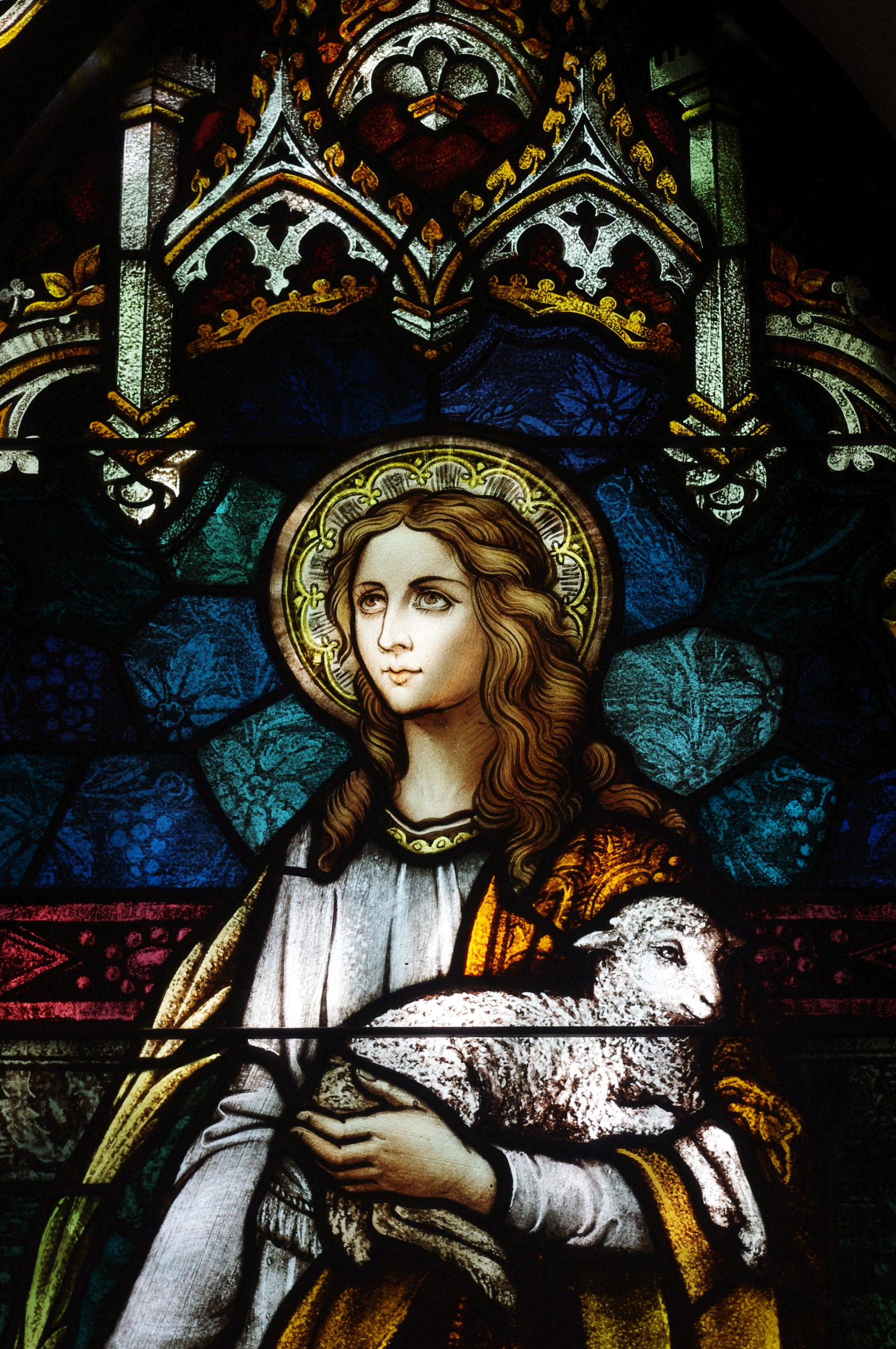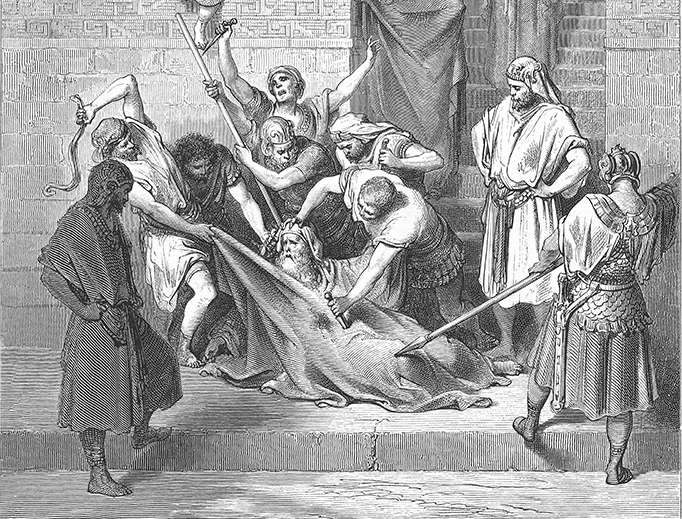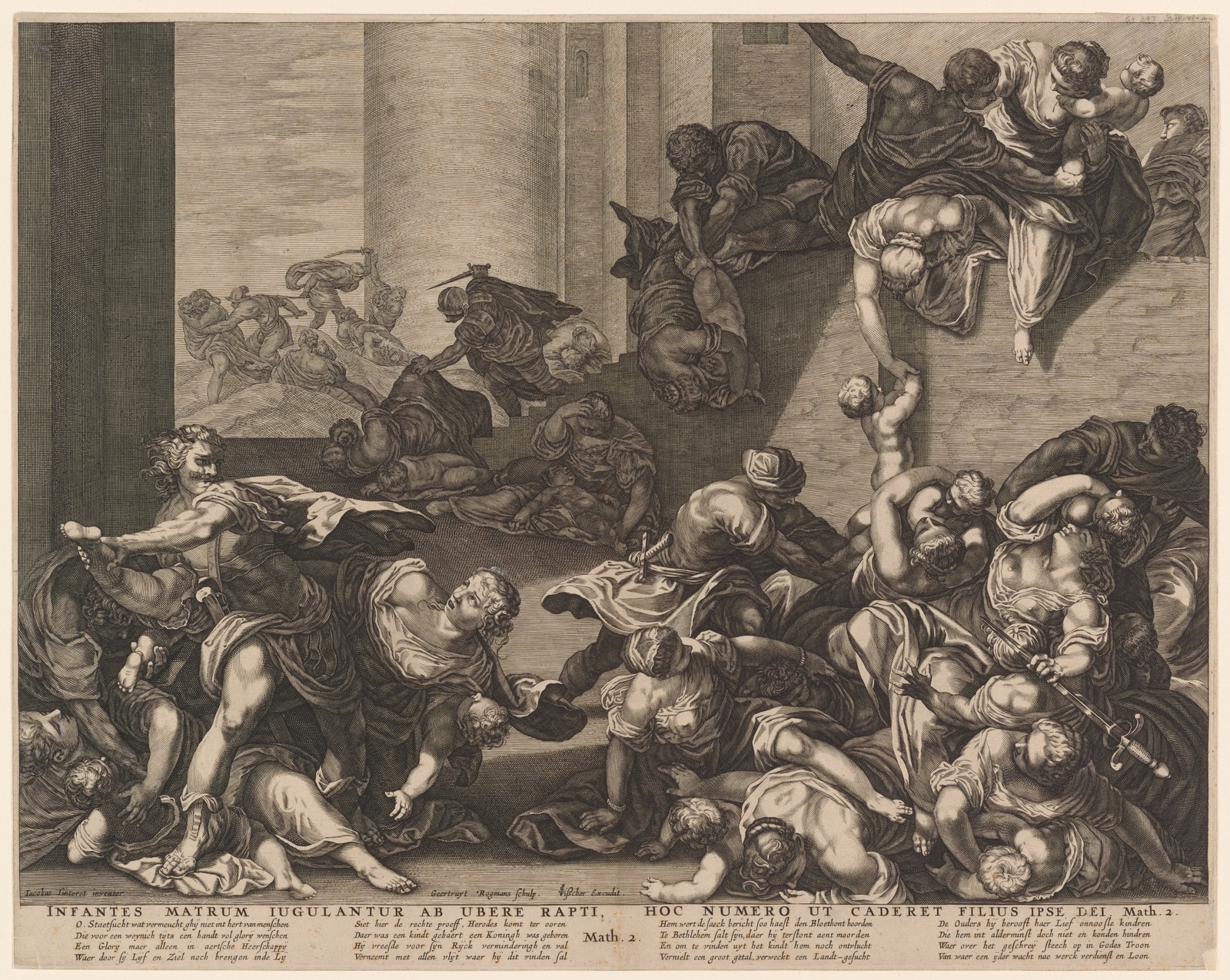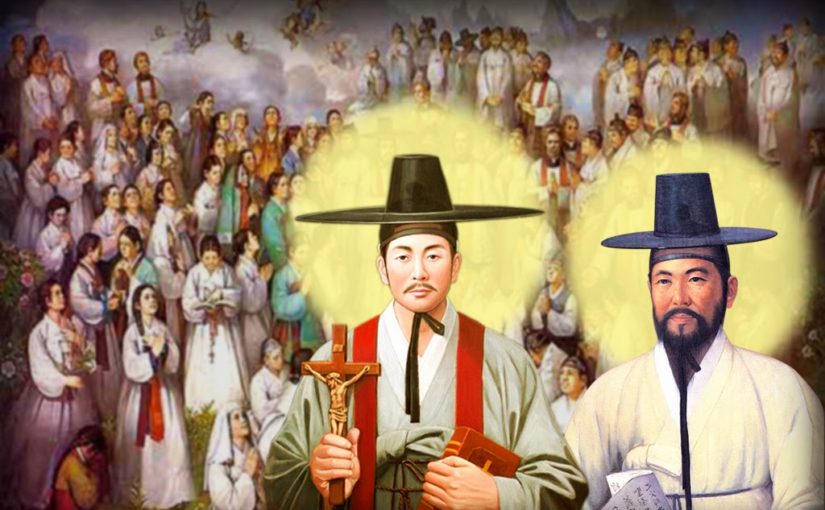On the face of it, this is just a horrible feast. The slaughter of many innocent children is a stark and frightening juxtaposition to the joy and glory of the Christmas Octave. The numbers of children actually murdered is variously estimated. Early estimates were in the thousands, but more modern estimates limit the victims to twenty or less, due to the relatively small size of the community of Bethlehem and the surrounding vicinity. But let’s think about that proportionally: Plainfield’s population is about 15 times the population of Bethlehem at that time. So if 300 children were murdered here, the loss and horror would be devastating. That’s what was going on in Bethlehem at that time.
As I said, in some ways, this is a horrible feast. But the Church, in recognizing the contribution of the Holy Innocents to the kingdom, asserts that this is just the beginning of the world’s seeing the glory of Jesus Christ. Even in the horror of this event, innocent children bear witness to the Child Jesus. St. Quodvoltdeus, an African bishop of the fifth century writes of them:
The children die for Christ, though they do not know it. The parents mourn for the death of martyrs. The Christ child makes of those as yet unable to speak fit witnesses to himself. But you, Herod, do not know this and are disturbed and furious. While you vent your fury against the child, you are already paying him homage, and do not know it.
To what merits of their own do the children owe this kind of victory? They cannot speak, yet they bear witness to Christ. They cannot use their limbs to engage in battle, yet already they bear off the palm of victory.
Maybe the key is in the first reading. The line that really caught me is “God is light, and in him there is no darkness at all.” We can see all kinds of darkness in an event like the murder of even twenty innocent children. Yet only God could turn something that horrible around to his glory. They may have lived extremely short lives on earth, yet their lives in eternity were secured forever. They become some of the first to participate in the kingdom that Christ would bring about through his Paschal Mystery.







You must be logged in to post a comment.